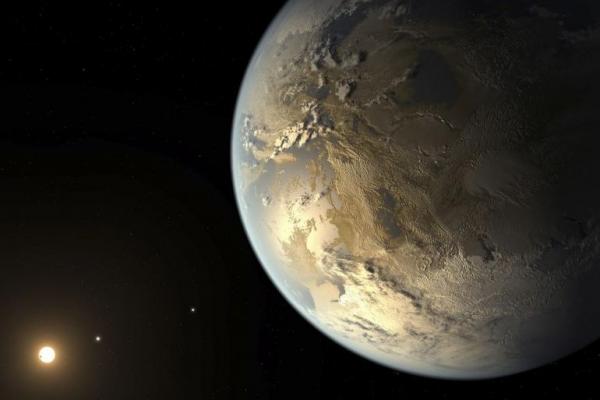
Microphysical Insights into Protoplanetary Disks and Exoplanet Atmospheres
A fundamental understanding of planetary histories and characteristics requires an empirical connection between planet formation and evolved planets—a long-sought goal of astrophysics. This connection is now increasingly possible due to simultaneous revolutions in the observations of protoplanetary disks and exoplanet atmospheres. A key step towards relating these observations of different evolutionary stages is to characterize the composition of material in protoplanetary disks and relate these properties to the atmospheric composition of planets. In this talk, I will discuss initial steps that I have taken towards this goal from the perspective of microphysics. I will provide evidence that protoplanetary disks are more than an order of magnitude more massive than previously appreciated, that the detailed properties of clouds shape observations of substellar atmospheres, and that the physics of modeling clouds gives a new understanding of the compositional distribution in protoplanetary disks. Time permitting, I will conclude by briefly discussing avenues for relating planetary properties to the mass inventory in protoplanetary disks in order to develop the observationally-validated framework required to compositionally relate evolved planets to planet formation.
Speaker: Diana Powell, Harvard University
Image Description and Credit: Artist's concept of a rocky Earth-sized exoplanet in the habitable zone of its host star, possibly compatible with Kepler-186f's known data (NASA/SETI/JPL).
